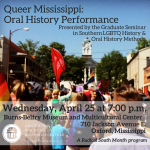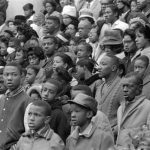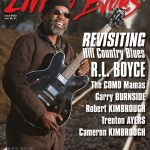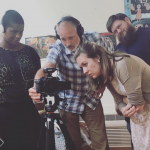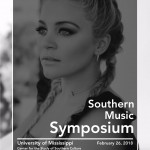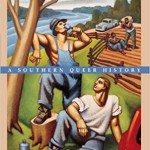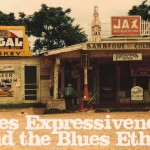
The blues—as a palette of intense, often contradictory feelings; a range of social conditions heavily inflected by blackness and southernness; an expressive form encompassing literature as well as music; and a philosophical orientation towards experience—are a more complex cultural phenomenon than some realize. This essay unpacks the latter two concepts: blues expressiveness and the blues ethos. Blues expressiveness is constituted by a range of cultural practices, including the AAB stanza, call and response procedure, vocalizations, blues-idiomatic language, and signifying. The blues ethos, too, offers multiple strategies for surviving bad times by refusing to reify the down-ness of the present moment as an inescapable condition, sometimes with the help of harsh, redemptive laughter. In this essay, Adam Gussow draws on a range of lyric, literary, and folkloristic commentary by Langston Hughes, Cornell West, Bessie Smith, Howard Odum, Kalamu ya Salaam, W. C. Handy, Angela Y. Davis, Lonnie Johnson, and many others. The essay also takes an autobiographical turn as Gussow mines his own bandstand and classroom experience with Mississippi-born blues performers Sterling “Mr. Satan” Magee and Bill “Howl-N-Madd” Perry to illustrate the blues ethos in action.
